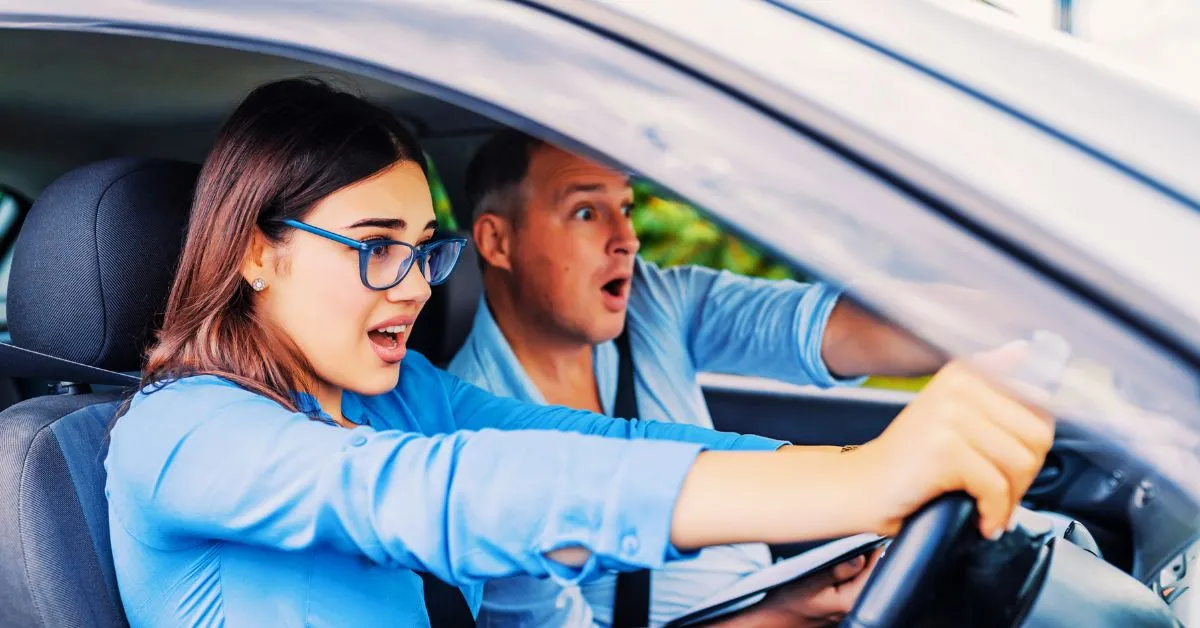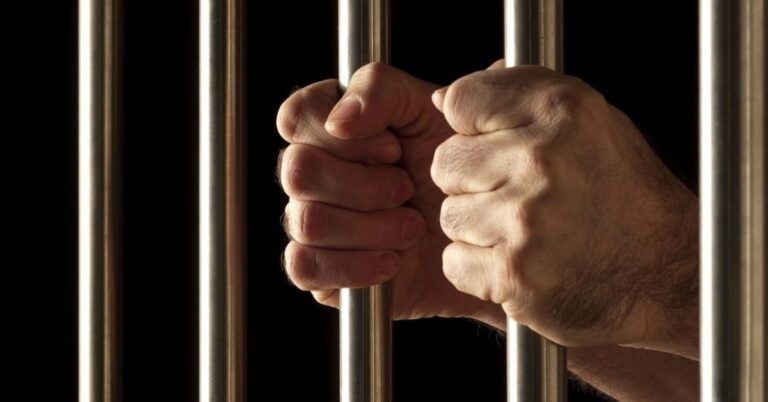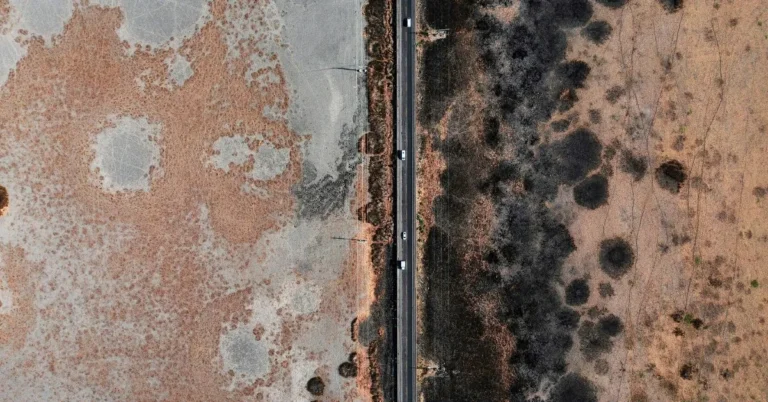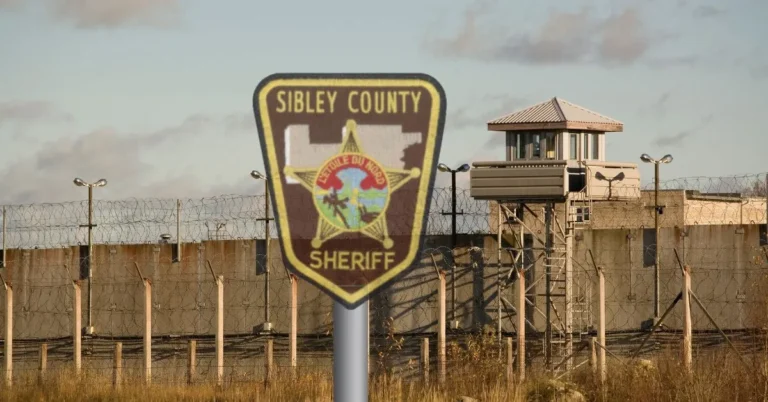Rising Trends in Car Accidents Among Young Drivers: Addressing the Issue
Picture this: a group of young friends cruising down the road, music blaring, laughter filling the air. It’s a scene straight out of a movie, but unfortunately, the reality is far from glamorous. Car accidents involving young drivers are on the rise in the UK, posing a serious threat to road safety. Let’s dive into the factors contributing to this troubling trend and explore potential solutions to address the issue.
Understanding the Factors Contributing to Young Driver Accidents
One of the primary factors contributing to car accidents among young drivers is their lack of experience behind the wheel. Unlike seasoned drivers, who have years of driving practice under their belts, young drivers are still learning the ropes. As a result, they may not possess the necessary skills to navigate challenging driving situations or react quickly to hazards on the road.
Another significant factor is the propensity for risk-taking behaviour among young drivers, often influenced by peer pressure. The desire to impress friends or prove their driving prowess can lead young drivers to engage in reckless behaviours such as speeding, tailgating, or street racing. Additionally, the constant temptation of technology—like smartphones and in-car entertainment systems—can further distract young drivers, diverting their attention away from the road.
Impact on Young Drivers and Society
The consequences of car accidents extend far beyond the physical damage to vehicles. For young drivers involved in accidents, the aftermath can be emotionally traumatic, affecting their confidence and mental well-being. Financially, accidents can wreak havoc on individuals, families, and insurance companies, with the costs of repairs, medical bills, and increased premiums adding up quickly. Moreover, the societal costs of road accidents—including the strain on healthcare systems and emergency services—underscore the urgent need for preventative measures. If you’re in an accident, you can make sure that you receive compensation with RTA Claims help. This is true whether you’re a young driver or you have been affected by one.
Peer Influence and Social Media
Peer pressure and social media also play significant roles in shaping young drivers’ behaviours on the road. The desire to fit in or gain approval from peers can lead young drivers to take unnecessary risks behind the wheel. By promoting positive peer influence and fostering responsible social media usage, we can help create a culture of safety where young drivers feel empowered to prioritise safety over social status.
Delayed Injuries After a Car Accident
The aftermath of a car accident is scary. You’re thrown into a new situation where your car is wrecked, and you suddenly have to react. Indeed, many people have adrenaline running through them at this point, so they don’t realise they’re injured. This adrenaline pushes you through the moment, and it’s not until days later you realise that you’ve sustained injuries. The delayed symptoms are common in this type of situation, but you must be aware of them so you can recover. So, what are the signs you might have some delayed injuries? Let’s take a closer look.
Initial Stiffness
Most people think that injuries will be immediately painful after a situation like a car accident. So, when they only feel stiff, they end up ignoring these signs that someone is wrong. But, stiffness can be the initial reaction to the injury. Once the adrenaline wears off, this injury will become more apparent and sore. For instance, this can happen with whiplash. So, by the time you realise you have an injury, you might have caused more issues because you haven’t been resting.
Having Headaches
Have you noticed that you’ve had more headaches after a car accident? Some people put this down to the stress of the situation. Indeed, while this can be a cause, headaches can also be the result of a concussion. They can also signify that you’ve suffered from a neck or head injury. Therefore, if you have headaches, it’s advised that you go to a doctor. They can give you an examination and advice.
Suffering From Numbness
Have you noticed that you’ve got some numbness after a crash? This is also a sign that you could have sustained an injury. In particular, it might be nerve damage. Again, the best thing you can do is see a doctor. They can figure out what’s causing this numbness and think about a suitable treatment.
Sleeping Trouble
While trouble sleeping isn’t always a symptom of a physical injury, it could show that you’re distressed mentally after what’s happened. You could be having flashbacks of what’s happened and suffering from anxiety. It’s easy to put sleeping trouble down to something else. But, until you figure out the root cause, you won’t be able to solve the problem.
Read More: @Bloggershub.org
Conclusion
The rising trends in car accidents among young drivers in the UK are a cause for concern. By addressing the underlying factors contributing to these accidents and implementing effective solutions—from education and awareness campaigns to technological innovations and support systems—we can work towards creating safer roads for young drivers and all road users. Let’s join forces to ensure that every journey begins and ends safely.







